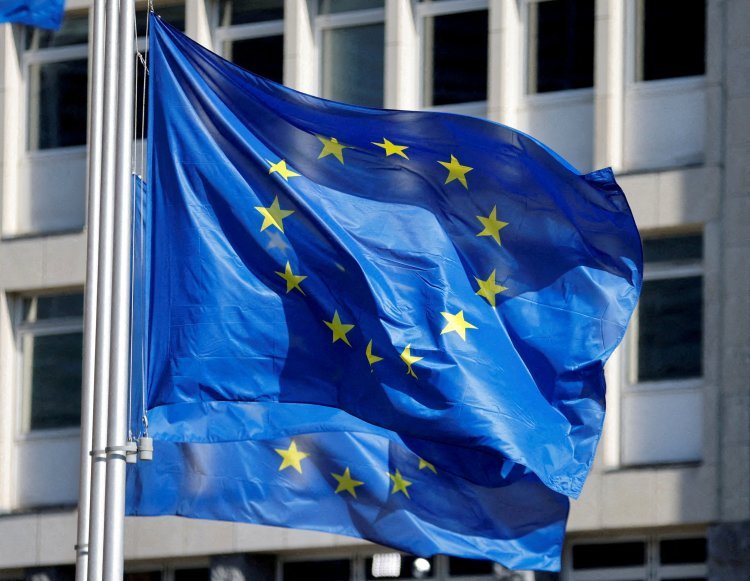Europe is bringing the world's first law to curb AI
Big news for the world of AI. Preparations have started to regulate it. There may be an agreement in the European Union this year, under which preparations are being made to set the limits of Artificial Intelligence. Laws and regulations will be made for this. Margarete Vestager, responsible for the rules related to technical matters in the European Union, said on Sunday that this law will be the world's first law related to artificial intelligence.

Due to the increasing use of artificial intelligence tools around the world and the apprehensions related to it, governments all over the world are worried and are busy making rules and regulations to regulate it. The European Union has reached a consensus towards making the world's first law related to AI regulation. On 27 April, a preliminary political agreement has been reached on this subject among the leaders of the European Union. This information has been given by Margarete Vestager, head of technical regulation affairs of the European Union. Vestager was in Takasaki, Japan on Sunday, where the meeting of digital ministers of G-7 countries has concluded. Vestager told reporters after the meeting that the AI Act of the European Union is supportive of the development of new technology. The new AI Act of the Union aims to minimize the societal dangers of emerging new technologies. “We are making these rules because if dangerously (AI) is misused, it will be much more costly and harmful to deal with its threats,” he said. Now on May 11, voting on this subject is to be held in the European Parliament and after that, the draft of the bill will be finalised.
A major proposal has also been included in Europe's Artificial Intelligence Act that generative models of AI will also have to comply with EU law, fundamental rights and the right to expression. Content that is discriminatory and violates rights has to be curbed.
Vestager clarified that the new AI Act will primarily focus on issues such as data quality, transparency, human control and accountability. It will also address issues such as ethical issues and implementation challenges in various sectors such as health, education, finance and energy. For example, the issue of naming the images created by AI is also one.
One of the most important aspects of the new EU AI law is its system for classifying AI as a risk. Under this, keeping in mind the danger associated with human health, security and fundamental rights from every type of AI technology, it will be classified into four risk categories. These are the categories of risk – unacceptable, high, limited and minimal.
There is a provision in the proposed law of the European Union that while generating any content, AI platforms like ChatGPT will have to disclose the fact that it has not used any copyrighted material in the process. With the introduction of this provision in this first law to regulate AI, there can be a big curb on AI.
The EU AI Act is likely to be passed this year. But experts say these rules may take several years to come into force. However, Vestager said that industries should get ready for the new rules.
According to Vestoger, there should be no doubt that wherever AI has a widespread impact, discussions for change should begin and not wait for laws to be passed and then implemented. Will be done










